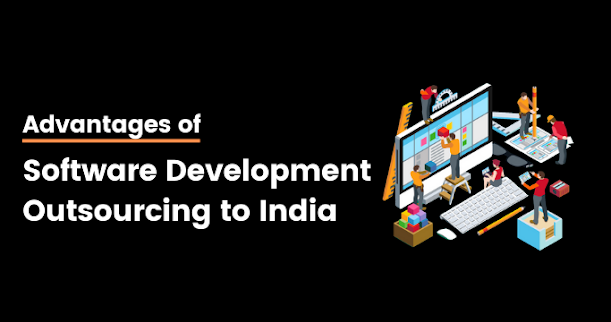Today, applications are an excellent way to connect to people. Many businesses make millions just by an effective App.
If you need to build a customized app for your business, there are two options. Opting for cross-platform or native development. Each has its own sets of pros and cons in terms of cost, developing time, and functionality.
Native App offers broad functionality, better store support but it is much costlier and time-consuming. Whereas, cross-platform Apps offer faster development, a single codebase, and are budget-friendly. Hence, if you have a limited budget, time and need to cover more customers, go for cross-platform Apps.
Before going into the discussion of why to choose Flutter, let us see what exactly is cross-platform Apps. Now comes the million-dollar question - Which framework to use?
Flutter - A reliable cross-platform framework:
Flutter is considered to be the optimal framework for developing high-performance mobile, web, and desktop applications. It is an open-source UI SDK created by Google. Flutter helps to build cross-platform Apps that perform on both Android and iOS platforms. Hence, with a single App, you can target more customers.
The latest version is Flutter 2 (Released on March 3, 2021, during an online Flutter Engage event) which comes with many new features. Those new updates include a new CanvasKit renderer, early-access desktop application support for Windows, macOS, and Linux, and improved Add-to-App APIs. Since it is one of the descendants of the aforementioned tech giant, Flutter enjoys great strong community support as well as regular updates.
Bonus: - How to Build Your First Flutter App: A Complete Guide
Benefits of Using Flutter as Your Cross-platform App development framework:
Flutter is a state-of-the-art mobile UI framework that helps companies create superior, faster, and more beautiful applications and interfaces. It is a solid cross-platform App development tool that empowers you to gain complete control over the entire rendering stock. Moreover, the following benefits of Flutter are what make it special.
Open-source and has a strong UI kit -
Since Flutter is an open-source code-based SDK toolkit, it increases the efficiency and productivity of the coder and gives less time and cost for the whole project. Moreover, it has easy access to documentation. A wide selection of UI elements and widgets not only speeds up application development but also makes it visually appealing.
Dart as a programming language -
Flutter uses Dart as an object-oriented programming language to create applications. Dart's popular features include a rich standard library, garbage collection, strong typing, generics, and async-weights. Dart is similar to Java and also uses popular features of other languages. Its reactive programming style allows developers to easily complete their simple tasks.
Easy to develop -
A high-performance rendering engine that allows developers to quickly customize animations and boosts a smooth development. Plus, the test-driven development approach makes it even faster. However, getting in touch with an experienced Flutter development company like Soft Suave helps you to create a robust App with a limited budget.
Single Codebase -
Since it is a cross-platform framework, it allows programmers to write code once and they can use it on multiple platforms. This means that the same version of the app will run on both iOS and Android. It saves a lot of time and effort to write code for different platforms, just like local frameworks. As a result, it saves a lot on the overall cost of developing and launching the app.
Hot Reload -
This is a unique feature for Flutter, where developers can immediately see changes made to the code. Any updates will be available to designers and developers in a matter of seconds. They do not have to wait for updates and can continue to use Framework to develop other features without interruptions. This increases the productivity of the developer and reduces the time it takes to create a robust application. This also saves a lot of cost on the overall development of the project.
Wrapping up:
Flutter entered the cross-platform application development race with unique features for better mobile application development. Since Flutter apps look almost like native mobile apps and the Flutter engine is designed to support Google's future operating system, we can expect Flutter to have a bright future.




